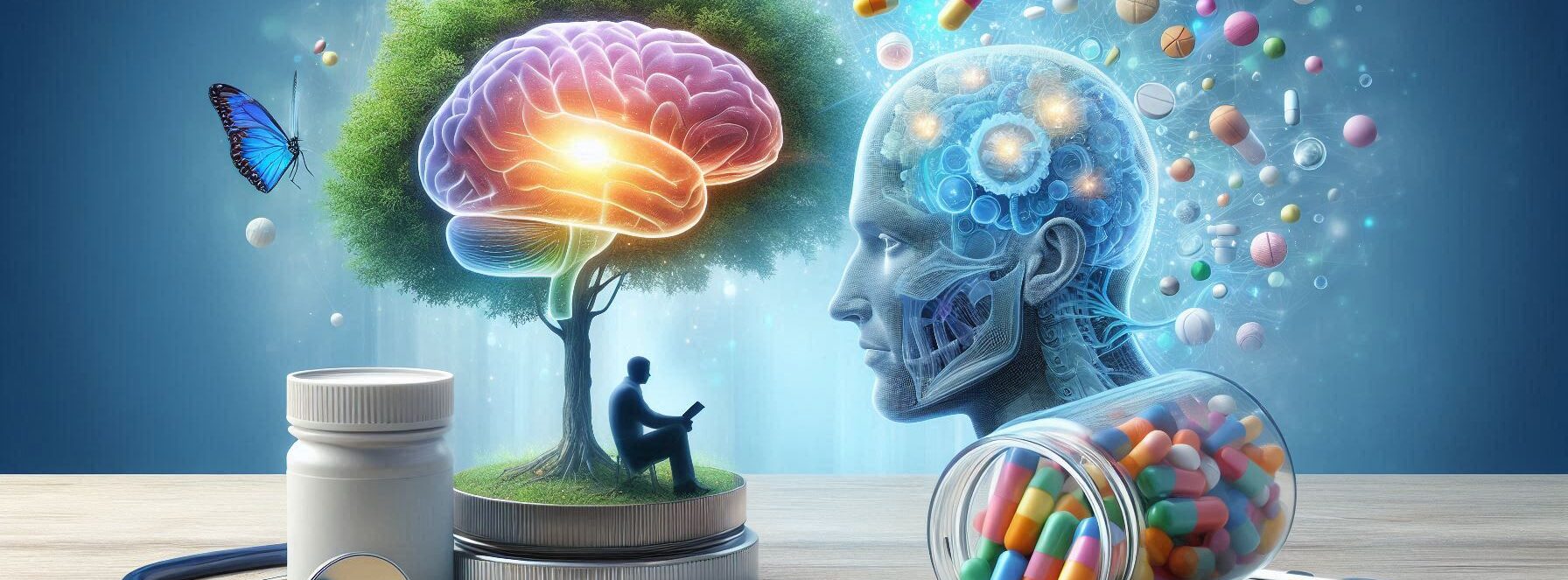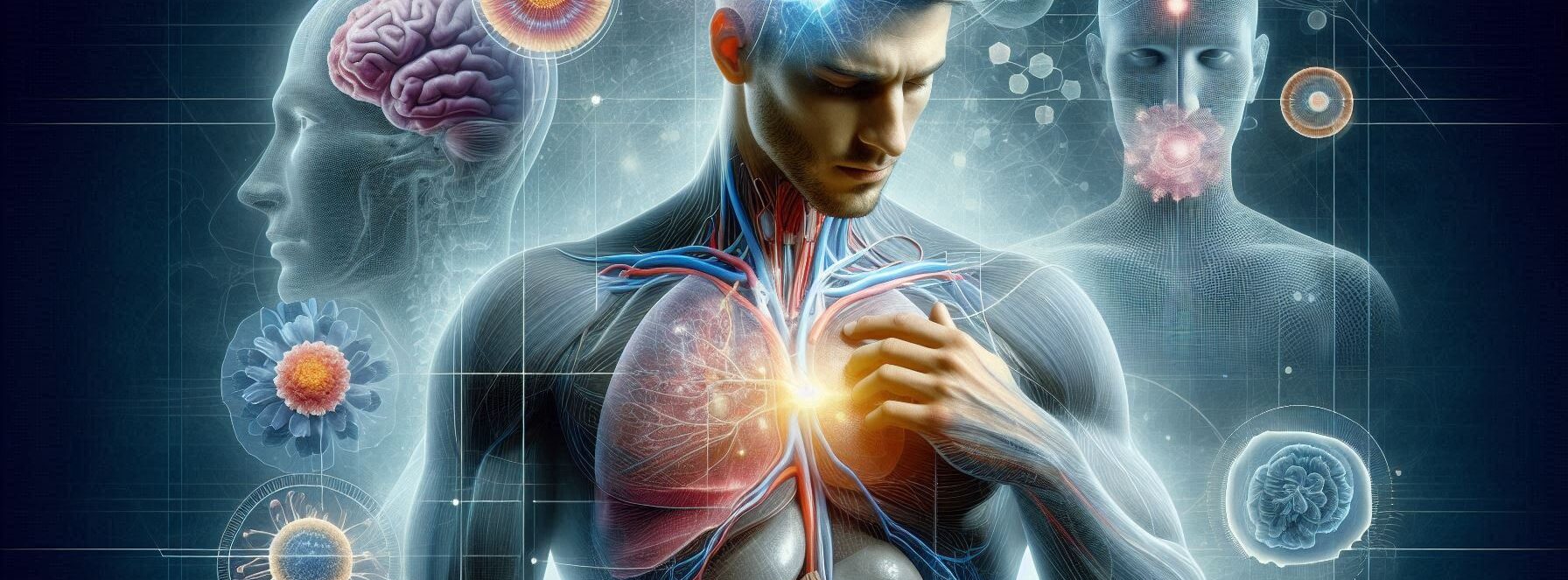So, you’ve decided to explore the wild world of antidepressants. Congratulations! You’re about to embark on a journey that’s part science experiment, part scavenger hunt, and entirely too much paperwork.
It’s like trying to choose a new phone plan but with way more side effects and fewer cute commercials. Let’s dive into this maze together and figure out what these little pills can do for you—or at least what they claim to do!
Top Takeaways and Key Concepts
- Learn how different antidepressants work before starting to find the best fit for your needs.
- Stay in close contact with your doctor to monitor effects and adjust medications safely.
- Track side effects carefully and report changes in mood, energy, or physical health.
- Be patient during the adjustment period—finding the right medication may take several tries.
- Follow all medical and dietary guidelines, especially when taking older drugs like MAOIs.
Summary of This Article
This article humorously guides readers through the complex world of antidepressants, explaining how different classes—SSRIs, SNRIs, TCAs, and MAOIs—affect brain chemistry and mood. It highlights the importance of collaboration with healthcare providers to manage side effects, monitor progress, and adjust treatments when necessary. The author emphasizes that while each medication type works differently, patience and open communication are key to finding the right fit. The piece also cautions readers about potential side effects and specific dietary restrictions associated with older antidepressants, reinforcing that individualized care and ongoing support are vital to successful treatment.
The SSRIs: Your Brain’s New Best Friends

Please Note: This post may contain affiliate links. If you click one of them, we may receive a commission at no extra cost to you. As an Amazon Associate, I earn from qualifying purchases.
First up are Selective Serotonin Reuptake Inhibitors (SSRIs). Now, I know what you’re thinking—”What in the name of all that is holy does that mean?”
Well, it sounds fancy, but think of them as your brain’s version of a friendly traffic cop directing serotonin (the feel-good chemical) where it needs to go.
When I first started taking an SSRI, I felt like someone had turned on the lights in a dimly lit room. Suddenly, my thoughts were clearer than ever!
But let me tell you, it wasn’t all sunshine and rainbows. There were days when I felt like my emotions were stuck in neutral—like watching paint dry while waiting for something exciting to happen. Have you ever experienced that?
Interestingly enough, SSRIs often come with side effects ranging from mild nausea to feeling like you’ve just binge-watched every episode of a reality show without any sleep.
And while some people find their perfect match with these meds, others might experience sexual side effects that could make even a monk blush. So if you decide to go down this road, keep your doctor on speed dial!
SNRIs: The Overachievers
Next up are Serotonin-Norepinephrine Reuptake Inhibitors (SNRIs). These guys are like SSRIs’ overachieving cousins who also want to help boost norepinephrine levels along with serotonin.
Imagine inviting both your nerdy friend and their super-athletic sibling to the same party; one brings board games while the other shows off their latest medal.
I remember my buddy tried SNRIs after his SSRIs didn’t quite cut it. One day he said he felt so energized he could run a marathon—or at least jog slowly for ten minutes before needing snacks and a nap!
But then again, not everyone experiences that burst of energy; some folks just feel jittery as if they drank three cups of coffee on an empty stomach.
To be fair though, SNRIs can also have side effects similar to those pesky SSRIs—nausea, dizziness…you know the drill!
Just remember: if you’re experiencing more jitters than joy or feeling like you’re auditioning for “The Walking Dead,” it’s probably time for another chat with your healthcare provider.
Tricyclic Antidepressants: The Old School Crew
Now we move on to Tricyclic Antidepressants (TCAs), which sound like they belong in a vintage car show rather than today’s pharmacy aisle.
These medications have been around longer than most reality TV shows—and yet they still manage to hold their own against newer options.
TCAs work by blocking certain neurotransmitters’ reabsorption processes—kind of like putting up “no parking” signs in front of serotonin and norepinephrine receptors so they can hang around longer instead of zooming away into oblivion.
My grandma used TCAs back when disco was king—and she swears by them! However, I’d advise against using her dancing style as inspiration during your treatment process.
But here’s the catch: TCAs tend to come with side effects that may leave you wondering if you’ve accidentally taken sleeping pills instead—drowsiness being one common complaint.
If you suddenly find yourself napping through family dinners or waking up confused about where you are… well, welcome aboard!
MAOIs: The Vintage Vibes
Let’s take a step back in time for Monoamine Oxidase Inhibitors (MAOIs). These bad boys are basically the grandfathers of antidepressants—they’ve been around since dinosaurs roamed the earth (or at least since bell-bottoms were cool).
They work differently from other types by inhibiting an enzyme responsible for breaking down neurotransmitters.
While MAOIs can be effective for some people—especially those who haven’t found relief from other treatments—they come with strict dietary restrictions that would make even health food enthusiasts cringe!
Imagine having dinner at a friend’s house only to realize you can’t eat anything because it contains tyramine—a compound found in aged cheeses and cured meats—which means no charcuterie boards for you!
Honestly speaking though? It takes serious commitment not just from yourself but also from anyone cooking around you! So if you’re considering MAOIs as an option… well let’s say “bring your own snacks” might become your new motto.
A Word About Side Effects: Not Just a Minor Detail
Speaking of snacks… let’s talk about side effects again because they’re practically part-time job requirements when starting any medication regimen!
Whether you’re dealing with weight gain or insomnia—or maybe both—you’ll need patience during this adjustment phase while finding what’s right for YOU!
It’s important not just how these drugs affect mood but how they impact daily life overall—even simple tasks like grocery shopping can become Herculean challenges when battling fatigue or anxiety due solely due medication changes alone!
So remember: communicate openly with healthcare professionals throughout this process; share concerns honestly without fear judgment because navigating mental health isn’t easy—it sometimes feels akin attempting circus tricks blindfolded atop unicycle while juggling flaming swords!
Conclusion: Finding Your Perfect Match
In conclusion—and I promise there won’t be any cheesy dating metaphors here—it boils down to finding what works best FOR YOU amidst myriad choices available today.
Regarding antidepressant options available today—from SSRIS & SNRIS through TCAS & MAOIS—the key takeaway should always remain clear communication between patients & doctors alike as this will ensure optimal outcomes!
Suggested Resources:
Understanding Antidepressants
https://www.nami.org/Your-Journey/Individuals-with-Mental-Illness/Understanding-Antidepressants
Antidepressant Medications
https://www.mayoclinic.org/diseases-conditions/depression/in-depth/antidepressant-medications/art-20046440
Types of Antidepressants
https://www.webmd.com/depression/guide/types-antidepressants
Frequently Asked Questions
What are the main types of antidepressants?
The main classes include SSRIs, SNRIs, TCAs, and MAOIs. Each works differently on brain chemicals to help improve mood and manage depressive symptoms.
How do SSRIs help treat depression?
SSRIs increase serotonin levels by preventing its reabsorption in the brain, which can improve mood and reduce depressive symptoms for many individuals.
What makes SNRIs different from SSRIs?
SNRIs affect both serotonin and norepinephrine, offering broader chemical support. They may help when SSRIs alone are not effective.
Why are TCAs considered older antidepressants?
TCAs have been used for decades and work on multiple neurotransmitters. They are effective but may cause more side effects than newer medications.
What should I know about MAOIs before taking them?
MAOIs require strict dietary restrictions to avoid dangerous interactions with certain foods. They are usually prescribed when other treatments haven’t worked.
How long does it take for antidepressants to start working?
Most antidepressants take several weeks to show noticeable improvements, and adjustments may be needed to find the right medication and dosage.
Are side effects normal when starting antidepressants?
Mild side effects are common during the adjustment period. Always report significant or persistent changes to your healthcare provider.

Kevin Collier is a passionate mental health advocate and writer for SadFAQ.com, where he explores the complexities of depression and mental well-being. With a deep understanding of mental health challenges, Kevin provides compassionate insights and practical advice to help individuals navigate their journeys toward healing. His articles aim to destigmatize mental health issues, offering support and resources for those seeking to improve their emotional resilience. Committed to raising awareness and fostering open conversations, Kevin’s work empowers readers to prioritize their mental health and seek the support they deserve.




